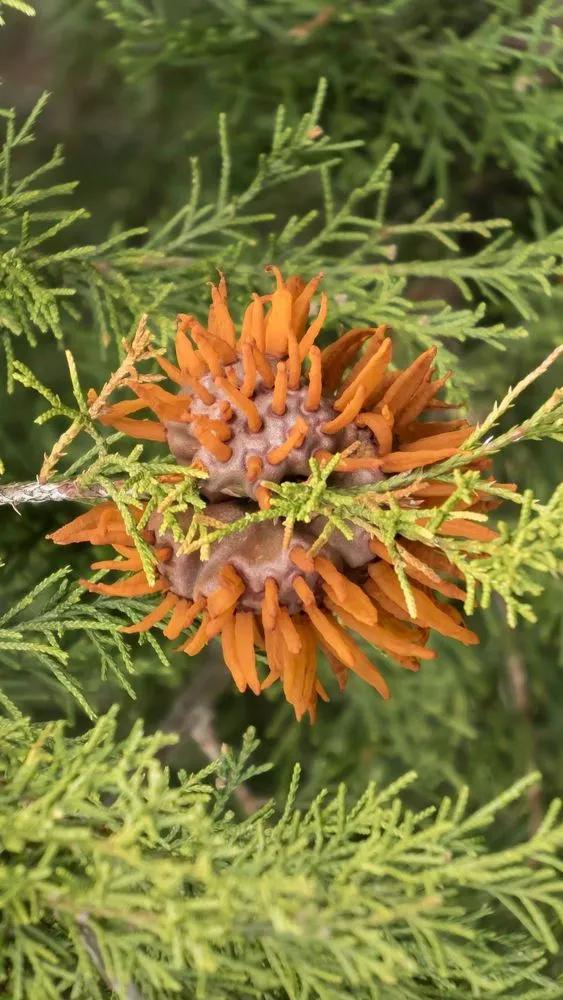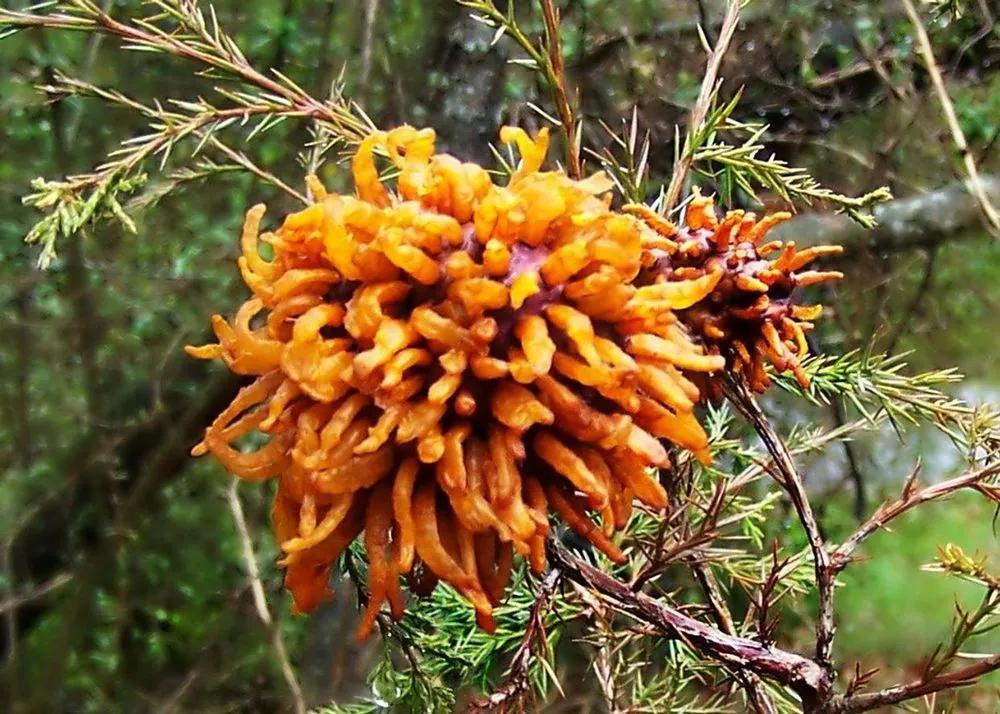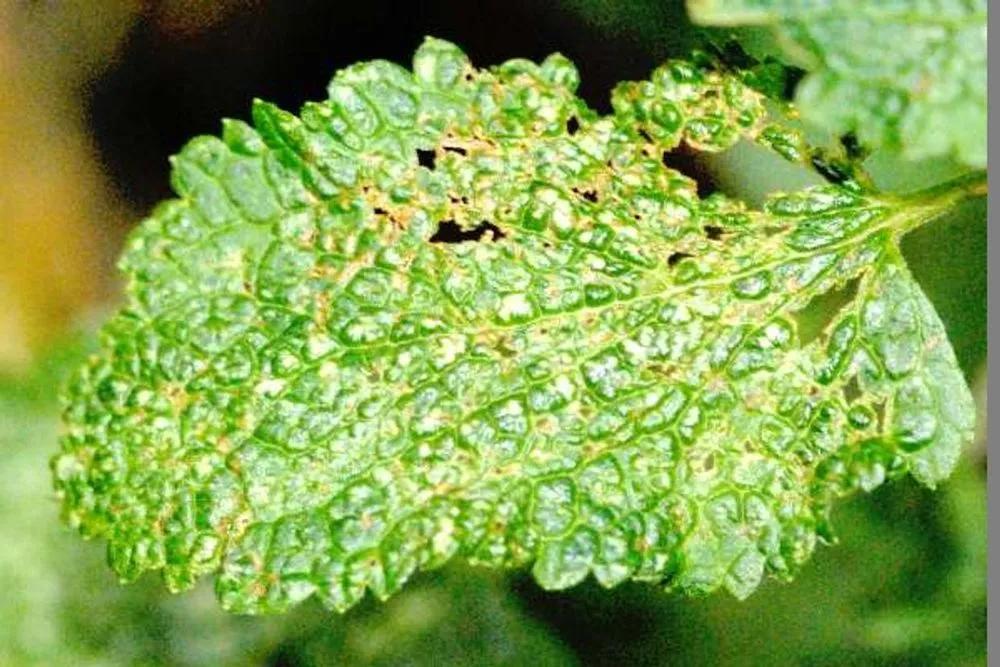Fungi from the Pucciniaceae family cause rust in many different plants, most common are in cereals (such as wheat).
Pucciniaceae



Signs of damage
Plants with severe rust infection may appear stunted, chlorotic (yellowed), or may display signs of infection such as rust fruiting bodies. Rust fungi grow intracellularly, and make spore-producing fruiting bodies within or, more often, on the surfaces of affected plant parts.
How to prevent
Pick off and destroy infected leaves and frequently rake under plants to remove all fallen debris. Water in the early morning hours — avoiding overhead sprinklers — to give plants time to dry out during the day.
Heal
Select rust-resistant plant varieties when available.
Go Premium to continue reading
Also you’ll get unlimited access to disease identification and all the other beneficial features
More problems
